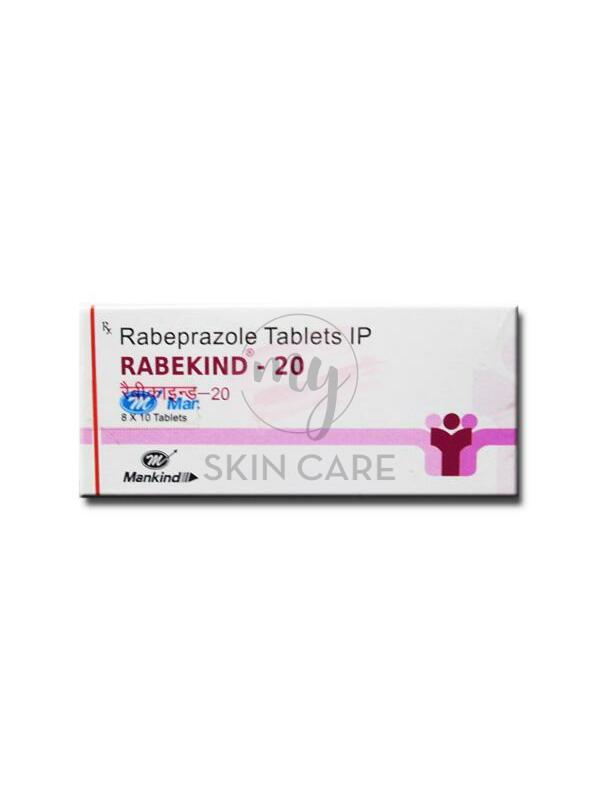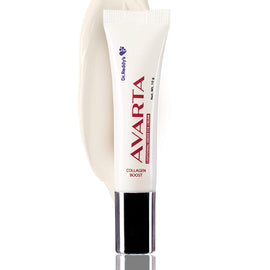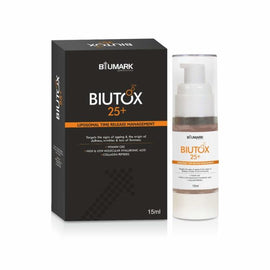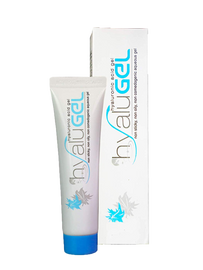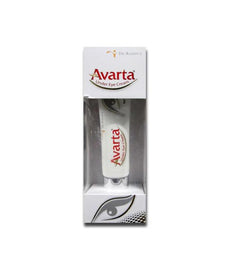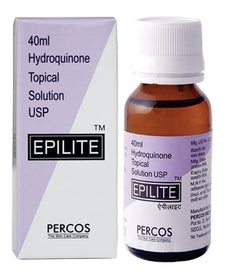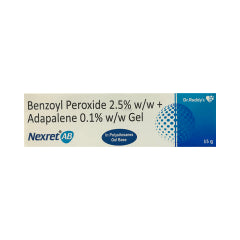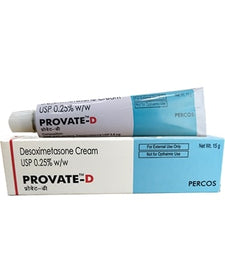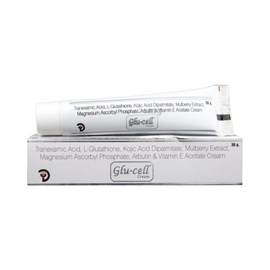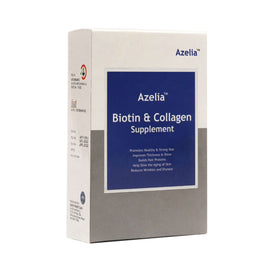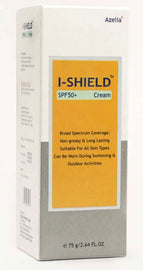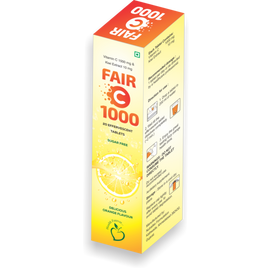Rabekind 20 Tablet is a medicine that reduces the amount of acid produced in your stomach. It is used for treating acid-related diseases of the stomach and intestine such as acid reflux, peptic ulcer disease, and some other stomach conditions associated with excessive acid production.
Rabekind 20 Tablet is also used to prevent stomach ulcers and acidity that may be seen with the prolonged use of pain-killers. It belongs to a class of medicines known as proton pump inhibitors (PPIs). This medicine should be taken one hour before a meal, preferably in the morning. The dose will depend on your underlying condition and how you respond to the medicine. Try to take it regularly at the same time each day as advised by your doctor. You should keep on taking it as prescribed even if your symptoms disappear quickly. You may be able to help improve your symptoms by eating smaller meals more often and avoiding caffeinated drinks like tea and coffee, and spicy or fatty foods.
The most common side effects that may be seen with this medicine include nausea, vomiting headache, dizziness, flatulence, diarrhea, and stomach pain. These tend to be mild but talk to your doctor if they bother you or do not go away. The risk of side effects may increase the longer you take this medicine. Long-term use (more than 1 year) may increase your risk for bone fractures, especially with higher doses. Talk to your doctor about ways to prevent bone loss (osteoporosis), like taking calcium and vitamin D supplements.
Low blood magnesium levels (hypomagnesemia) have been seen in some people taking this medicine for 3 months or more. This may lead to tiredness, confusion, dizziness, muscle twitches, and an irregular heartbeat. Your doctor may monitor your magnesium levels to prevent this.
Rabekind 20 Tablet is not suitable for some people. Before taking this medicine, you need to tell your doctor if you have severe liver problems, are taking medicines for HIV, have ever had an allergic reaction to similar medicines in the past or suffer from bone loss (osteoporosis). Pregnant or breastfeeding women should also consult their doctor before taking it. Avoid drinking alcohol as it makes your stomach produce excessive acid and can worsen your symptoms. Do not drive or use machinery or tools, if this medicine makes you feel dizzy or sleepy.
USES OF RABEKIND TABLET
Gastroesophageal reflux disease (Acid reflux)
Peptic ulcer disease
SIDE EFFECTS OF RABEKIND TABLET
Common
Diarrhea
Dizziness
Flatulence
Headache
Nausea
Sore throat
Stomach pain
Vomiting
HOW TO COPE WITH SIDE EFFECTS?
The occurrence of side effects varies from person to person. The following are a few ways of dealing with some of the common side effects. However, consult your doctor if these persist.
Coping with Diarrhea
Keep up your intake of fluids and electrolytes (sugars and salts) to avoid getting dehydrated. Eat less fiber (avoid raw fruits, fruit juice and vegetables). Talk to your doctor about possible medication to manage diarrhea. Ask about reducing the dosage of your drug or other suitable treatments.
Coping with Dizziness
This is usually short-lived and should go away within a few days. If this happens, stop what you are doing and sit or lie down until you feel better. Lying still in a dark, quiet room may help reduce the spinning feeling. Sleep with your head slightly raised on two or more pillows. Get up slowly from a lying or sitting position. Get plenty of rest and try to relax as being anxious can make it worse. Try taking this medicine at bedtime to reduce the symptoms. Drinking plenty of water and ginger tea may also help. Avoid alcohol, caffeine and smoking as it will make you feel worse. Avoid driving or using tools or machinery until you feel better.
Coping with Flatulence
Try eating small and frequent meals. Drink and chew your food slowly. Exercise regularly to improve how your body digests food. Try not to swallow too much air. This can happen when you talk and eat at the same time. Avoid drinking with a straw, chewing gum and smoking as these can also make you swallow air. Try to limit foods that are hard to digest or produce gas (such as fried and fatty foods, cheese, beans, cabbage, onion, whole grains and many others). Avoid drinking alcohol, carbonated soft drinks and fruit juices. If you wear dentures, make sure they fit properly. Some over-the-counter medicines can help. Talk to your doctor about possible medication if your condition does not improve.
Coping with Headache
Make sure you rest and drink plenty of fluids. Rest in a quiet, dimly lit room. Do not sleep more than you normally would. Do not strain your eyes (for example by looking at a screen). Do not drink alcohol. Headaches are usually temporary and usually go away with time. But, if they last longer or get worse, ask your doctor to recommend a painkiller.
Coping with Nausea
You can help yourself by eating small, frequent meals rather than large ones and drinking plenty of fluids. Eat slowly. Avoid fatty, fried, spicy and very sweet foods. Eat cold or slightly warm food if the smell of cooked or cooking food makes you feel sick. Get plenty of fresh air. You could also try chewing ginger or drinking ginger tea. Eat bananas to replace potassium in your blood which can drop if you are sick (vomit). Use oral rehydration salts to replace vitamins and minerals lost through being sick. There are some medicines that can help you stop from feeling sick. Speak to your doctor if your condition does not improve.
Coping with Sore throat
Try gargling with warm salt water as it can help soothe a scratchy throat and relieve the discomfort. Stay hydrated by drinking plenty of water. Consider lozenges or hard candy. Avoid caffeine and alcohol, as they can dry out your throat and aggravate the symptoms. Also, avoid smoking or smoky places. Warm tea that is sweetened with honey can also soothe your irritated throat. Get plenty of rest and consider using a humidifier if the air in your home is dry. If it does not get better or get worse, talk to your doctor for advice.
Coping with Stomach pain
Try to get plenty of rest and relax. Putting a heat pad or covered hot water bottle on your stomach may relieve the stomach pain. It may help if you eat and drink slowly and have smaller and more frequent meals. Reduce your intake of coffee, tea and alcohol as these can make the pain worse. If you are in a lot of pain, speak to your doctor about possible medication. Your doctor may be able to prescribe some over-the-counter medicines to help reduce the pain.
Coping with Vomiting
You can help yourself by eating small, frequent meals rather than large ones and drinking plenty of fluids. Eat slowly. Avoid fatty, fried, spicy and very sweet foods. Eat cold or slightly warm food if the smell of cooked or cooking food makes you feel sick. Get plenty of fresh air. You could also try chewing ginger or drinking ginger tea. Eat bananas to replace potassium in your blood which can drop if you are sick (vomit). Use oral rehydration salts to replace vitamins and minerals lost through being sick. There are some medicines that can help you stop feeling sick. Speak to your doctor if your condition does not improve.
HOW TO USE RABEKIND TABLET
Take this medicine in the dose and duration as advised by your doctor. Swallow it as a whole. Do not chew, crush or break it. Rabekind 20 Tablet is to be taken empty stomach.
HOW RABEKIND TABLET WORKS
Rabekind 20 Tablet is a proton pump inhibitor (PPI). It works by reducing the amount of acid in the stomach which helps in relief of acid related indigestion and heartburn.
SAFETY ADVICE
warnings
Alcohol
CAUTION
Caution is advised when consuming alcohol with Rabekind 20 Tablet. Please consult your doctor.
warnings
Pregnancy
CONSULT YOUR DOCTOR
Rabekind 20 Tablet may be unsafe to use during pregnancy. Although there are limited studies in humans, animal studies have shown harmful effects on the developing baby. Your doctor will weigh the benefits and any potential risks before prescribing it to you. Please consult your doctor.
warnings
Breastfeeding
CONSULT YOUR DOCTOR
Rabekind 20 Tablet is probably unsafe to use during breastfeeding. Limited human data suggests that the drug may pass into the breastmilk and harm the baby.
warnings
Driving
CONSULT YOUR DOCTOR
It is not known whether Rabekind 20 Tablet alters the ability to drive. Do not drive if you experience any symptoms that affect your ability to concentrate and react.
warnings
Kidney
SAFE IF PRESCRIBED
Rabekind 20 Tablet is safe to use in patients with kidney disease. No dose adjustment of Rabekind 20 Tablet is recommended.
warnings
Liver
CAUTION
Rabekind 20 Tablet should be used with caution in patients with severe liver disease. Dose adjustment of Rabekind 20 Tablet may be needed. Please consult your doctor.
WHAT IF YOU FORGET TO TAKE RABEKIND TABLET?
If you miss a dose of Rabekind 20 Tablet, take it as soon as possible. However, if it is almost time for your next dose, skip the missed dose and go back to your regular schedule. Do not double the dose.




